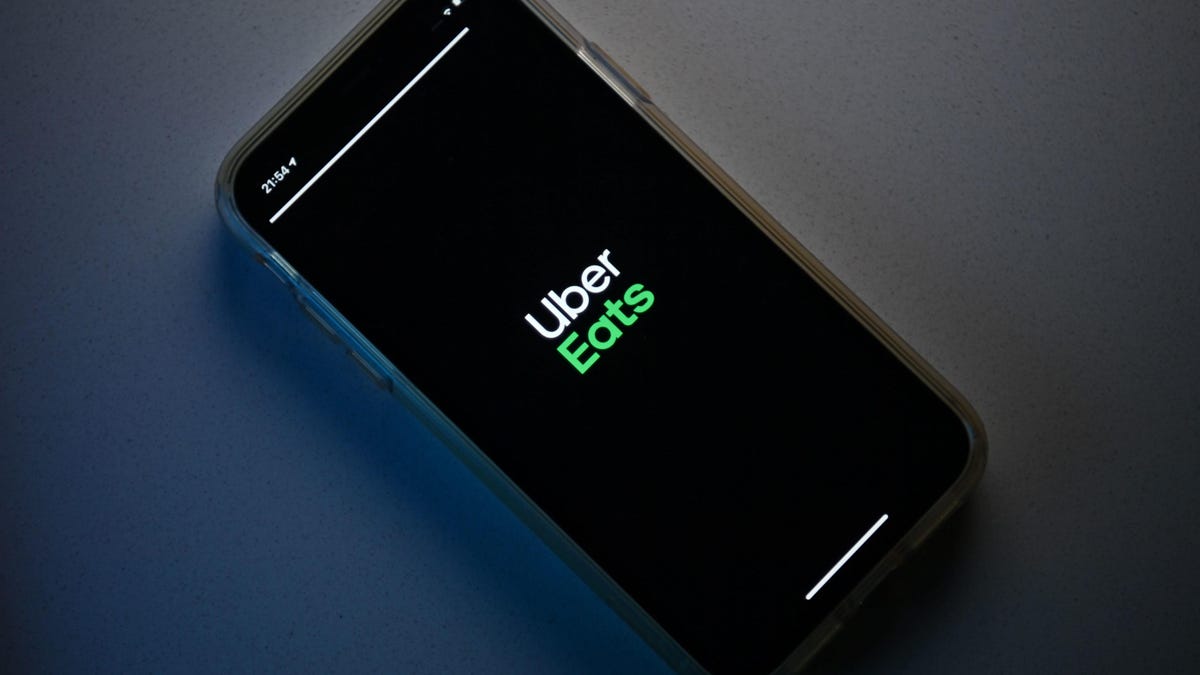Turns Out Pretty Much Anyone Can Claim to Be a Black-Owned Business on Uber Eats - 3 minutes read
 Photo : Ben Stansall/AFP ( Getty Images )
Photo : Ben Stansall/AFP ( Getty Images )In June, amid nationwide protests against police racism and brutality set off by the killing of Minneapolis man George Floyd, Uber Eats released a feature intended to signify solidarity with the Black Lives Matter movement: Tools to “Support Black-owned restaurants” by ordering from them without a delivery fee.
Advertisement
There’s just one problem, according to a Friday report by Motherboard. It seems as though any restaurant on the platform can just claim to be a Black-owned business with little verification whatsoever. Motherboard found a few examples of businesses identified as such on Uber Eats, which do not actually seem to be owned by Black people. One of them is Philadelphia and Washington, DC-based Abunai Poke, which identifies itself as being founded by a woman who is part Native Hawaiian and Japanese. Another is a restaurant that appears to be owned by a restaurant originally operating in Greece:
There’s also Crepeaway, a family-operated restaurant originally based in Athens, Greece, then operated in New York City and Washington, D.C. The owner is Saad Jallad, who left Greece to study at American University in 1999 before starting the restaurant near George Washington University in 2004. Motherboard reached out to the restaurant owners to learn more about how they were added to the list of Black-owned businesses, but didn’t immediately hear from them.
Advertisement
According to Motherboard, Uber Eats’ system for tagging businesses as Black-owned appears to rely primarily on self-identification via its website.
However, an Uber support page noted that it works with “a wide range of local organizations to identify Black-owned restaurants” to “ensure the accuracy of our lists.” That page indicates an initial slate of independent, Black-owned businesses was compiled by “groups of employees across Uber, including members and allies of the Black @ Uber employee resource group,” from public documents, business associations, and other local orgs. That appears to be separate from the open registration system, which relies on SurveyMonkey. The survey states that submissions will be reviewed, but doesn’t go into further detail.
A spokesperson for Uber Eats told Motherboard, “We heard loud and clear from consumers that they wanted a feature that helped them support Black-owned businesses in the Uber Eats app, and we’ve created a process to help merchants to self-identify.”
It’s not clear how widespread the issue is. It’s also unclear whether any restaurants that incorrectly ended up on Uber Eats’ Black-owned restaurant list submitted their own names, were mistakenly selected by Uber staff, or changed ownership. Further muddling the issue is Uber and other delivery services’ saturation of “ghost kitchens,” which are commercial kitchens that often don’t operate an actual restaurant and advertise delivery through made-up restaurant names.
Advertisement
Uber Eats’ program has also faced legal challenges from aggrieved conservatives who are not Black and claim that the program is racist—including one complaint asserting it violates California’s Unruh Civil Rights Act by “charging discriminatory delivery fees based on race (of the business owner).” The legal firm listed for that complaint, Consovoy McCarthy, employs Donald Trump attorney William Consovoy, who recently lost a separate suit in the First Circuit claiming that Harvard University discriminates against applicants who aren’t Black or Latino.
Source: Gizmodo.com
Powered by NewsAPI.org